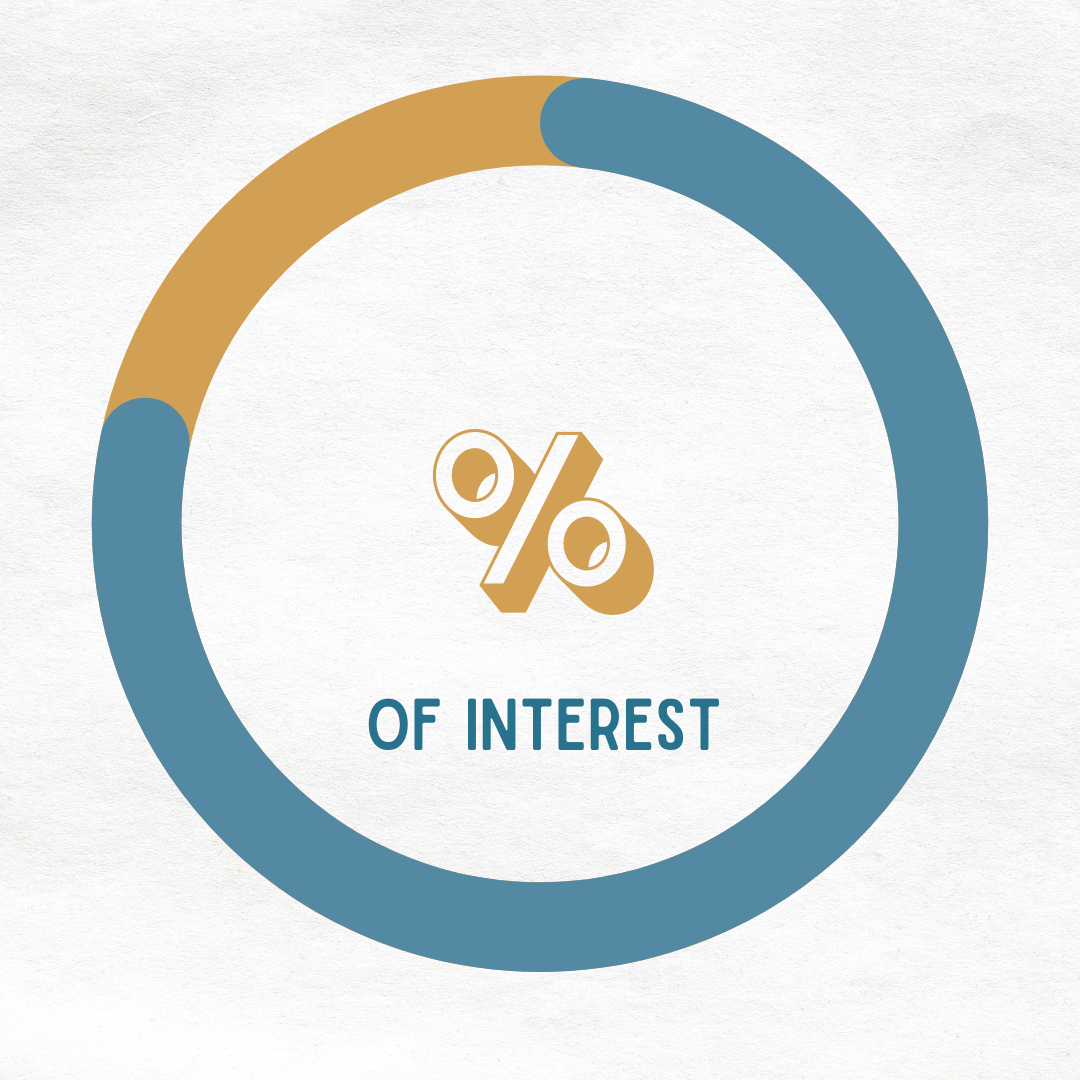Favorable Credit History is a Must!

Having a favorable credit history is critically important when buying a home for several reasons. A significant event in many people’s lives is purchasing a home. It shows a step toward financial stability, along-term security, and a place to call your own. Achieving this goal involves securing you mortgage and one of the most critical factors in obtaining a mortgage is having a favorable credit history.
Loan approval

Maintaining a good credit history is the simple fact that it opens doors to mortgage loans. While you apply for a mortgage, lenders check your credit history to review whether you have acceptable credit rating. They have to make sure that you are a responsible to repay the loan as agreed. A favorable credit history make lenders aware that you have a track record of managing debt responsibly. This significantly increases your chances of being approved for a mortgage loan. On the contrary, a poor credit history, marked by late payments, defaults, or high levels of debt, can make it challenging to secure a loan.

Favorable credit history not only increases the loan approval, but it can also affect the types of loan you are eligible for. Each mortgage programs have different credit score requirements. In Canada, similar to government-backed loans like FHA loans in the United States, there are mortgage insurance programs designed to assist borrowers with lower credit scores and smaller down payments. However, these programs typically entail additional expenses in the form of elevated mortgage insurance premiums. Conversely, conventional loans generally require higher credit scores for favorable terms. A strong credit history expands your options when it comes to mortgage products and lenders, increasing the likelihood of securing the most advantageous terms for your unique situation.
Down payment requirements

While a substantial down payment is often associated with the home-buying process, it's worth noting that a positive credit history can sometimes enable you to qualify for mortgage programs that require smaller down payments. For instance, borrowers with excellent credit may find that certain lenders or loan programs are more flexible in this regard. This can be particularly beneficial for first-time homebuyers or individuals who may face challenges making a significant upfront payment.

Your credit history plays a pivotal role in determining the interest rate you'll be offered on your mortgage. When determining the interest rate for your loan, lenders heavily depend on your credit score, which is generated from your credit history. A lower interest rate is typically the result of a higher credit score. Your monthly mortgage payment and the total cost of your loan during its life are directly impacted by this interest rate. A reduced interest rate can enable you to make significant financial savings. This monetary gain acts as a potent inducement to prioritize and keep up a solid credit profile.
Affordability

The affordability of your mortgage is strongly influenced by your creditworthiness. Your eligibility for a bigger loan amount may increase if you have a good credit history. With a larger loan amount at your disposal, you have the freedom to think about buying a house that better satisfies the needs of your family, your preferences for location, or your long-term objectives. Additionally, a lower interest rate, which is frequently linked to a good credit history, might result in cheaper monthly mortgage payments.
Don'ts
Apply for multiple credit cards or loan simultaneously
- Frequent and simultaneous credit applications, especially if they result in hard inquiries on your credit report, can lower your credit score.
- Apply for credit only when necessary and consider how each application might affect your credit.
Close old credit accounts
- Closing your old credit accounts, especially those with a long history of on-time payments, can reduce the average age of your credit history.
- A longer credit history beneficial to your credit score, so make sur to keep old accounts open.
Ignore your credit reports
- Neglecting to regularly review your credit report can result in overlooking errors or fraudulent activities that may have adverse effects on your credit.
- It’s important to obtain your free annual credit reports from major bureaus and promptly dispute any inaccuracies you come across.
Co-sign for risky borrowers
- Co-signing for individuals with poor credit histories exposes your own credit to potential risks.
- If they default on the loan, it can harm your credit. It’s crucial to exercise caution when considering co-signing and fully understand the potential consequences.

Miss payments or make late payments
- One of the most detrimental actions you can take is failing to make payments on time for credit accounts such as credit cards, loans, or mortgages.
- This not only has the potential to lower your credit score but also creates an unfavorable payment history that can have long-lasting repercussions.
Max out your credit cards
- Utilizing a high percentage of your available credit, known as a credit utilization ratio, can affect your credit score badly.
- Try to keep your credit card balances well below their credit limits to maintain a healthy credit utilization ratio.
File for bankruptcy unnecessarily
- Filing for bankruptcy should be a last option, as it has severe and long-lasting impact on your credit. Go for an alternative debt management options with a financial counselor before pursuing bankruptcy.
Neglect your financial responsibilities
- Ignoring financial responsibilities, such as unpaid taxes, medical bills, or parking tickets, can lead to collections and negative marks on your credit report.
- Address these obligations promptly to prevent credit damage.
Dispute accurate information
- Only dispute inaccuracies on your credit card. Disputing accurate information can lead to investigations and potential delays in correcting legitimate errors.
Ignore financial education
- Failing to educate yourself about personal finance, credit management, and responsible borrowing can result in poor financial decisions that harm your credit.
Assuming closing an account removes it from your report
- Even after closing a credit account, its history can continue to affect your credit report for several years.
- Be aware that closed accounts can still impact your credit, positively or negatively.

